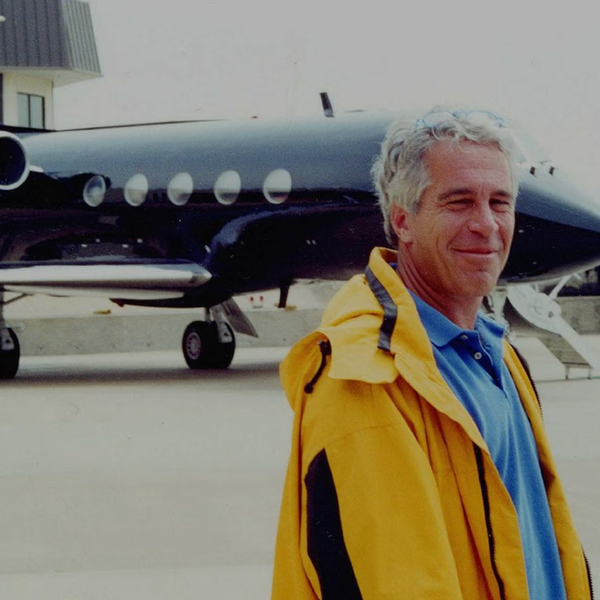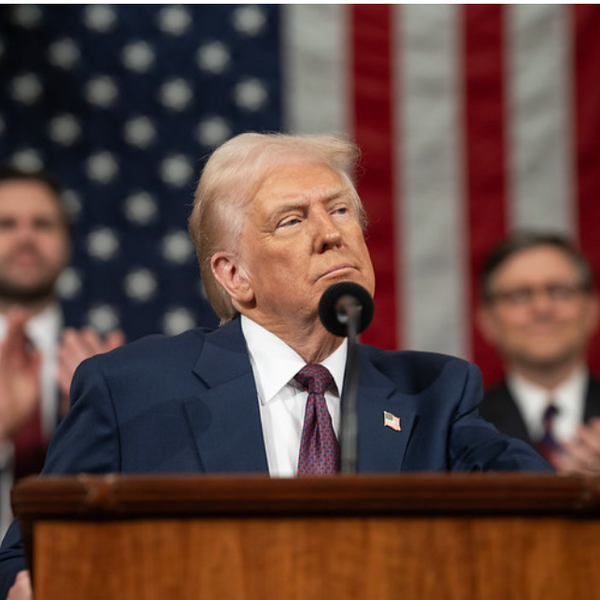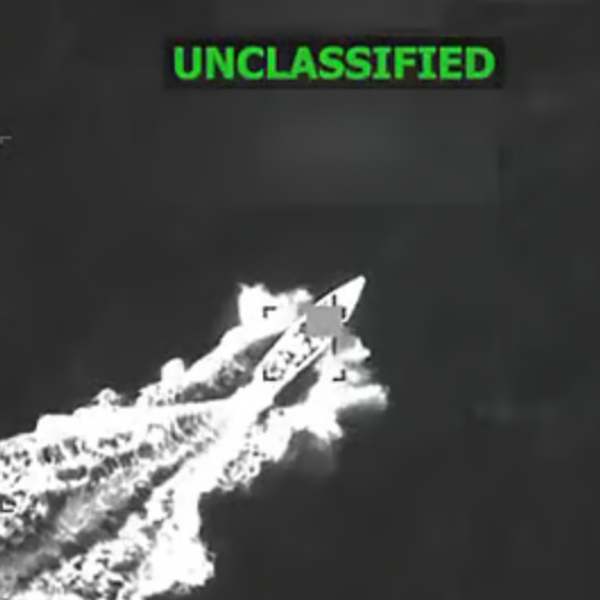SAINT-PETERSBURG (AFP) – Russian President Vladimir Putin announced Thursday the G20 would discuss the Syria crisis over dinner, as it seeks to overcome bitter divisions over a U.S.-led push for military action against President Bashar al-Assad’s regime.
With pressure mounting on the G20 group of nations to make concrete progress towards ending the conflict at their summit in Saint Petersburg, the United Nations announced that its special envoy Lakhdar Brahimi was on his way to attend the meet to push for peace talks.
Obama arrived in Saint Petersburg from Sweden after clearing the first hurdle in his race to win domestic congressional backing for punitive strikes over the alleged use of chemical weapons by President Bashar al-Assad’s regime.
In a bid to smooth over the tensions, the two leaders put on a show of smiles for the cameras as they shook hands just before the summit got under way.
Putin opened the summit by revealing that the Syria crisis — which has threatened to overshadow all other items at the meeting — would be formally discussed over dinner.
“Some participants have asked me to give the time and possibility to discuss other… very acute topics of international politics, in particular the situation around Syria,” Putin told the opening plenary session of the meeting on the shores of the Gulf of Finland at a former Imperial palace outside Saint Petersburg.
“I suggest we do this during dinner so that we… in the first part can discuss the (economic) problems we had gathered here for and are key for the G20,” he added.
An Obama aide said he would argue his case for military action against Syria and explore what type of “political and diplomatic support they may express for our efforts to hold Syrian regime accountable.”
But Syria’s allies remained unmoved by Obama’s push, with Iran’s supreme leader Ayatollah Ali Khamenei calling allegations of an August 21 chemical weapons attack by the regime a “pretext” to launch strikes against the country, and pledging to support Damascus “until the end.”
On the eve of the summit, Putin bluntly warned the West that any military action without UN Security Council approval would be an “aggression” and once again demanded watertight proof of chemical weapons use.
According to U.S. intelligence, more than 1,400 people living in rebel-held suburbs of Damascus were killed in the strike, which involved the use of the sarin nerve gas.
Beyond convincing Russia, Obama has a tough sell ahead elsewhere, with China — another veto-wielding Security Council member state — having already expressed its “grave concerns” over unilateral military strikes.
A political solution is the only way to end the Syria crisis, a senior Chinese official said on Thursday, warning world powers to be “highly prudent” over the issue.
“War cannot solve the problem in Syria,” Chinese delegation spokesman Qin Gang told reporters at the G20.
Pope Francis added his voice to the calls for a peaceful solution to the Syria crisis, warning against “futile pursuit of a military solution.”
German Chancellor Angela Merkel has repeatedly ruled out her country’s participation in any U.S.-led military strike against Assad’s regime, while the British parliament has also rejected the idea.
UN Arab-League envoy Brahimi is on his way to Saint Petersburg to help Secretary General Ban Ki-moon push at the G20 summit for an international peace conference on Syria first proposed by the United States and Russia in May, the UN spokesperson said.
“While the world is focused on concerns about the possible use of chemical weapons in Syria we must push even harder for the International Conference on Syria to take place in Geneva,” the spokesperson quoted Ban as saying.
The U.S.-Russia push for peace talks has languished as ties between the two world powers sank to a new post-Cold War low over deep divisions on Syria, Russia’s granting of asylum to U.S. intelligence leaker Edward Snowden and a string of hardline Russian laws.
While no formal bilateral sit-down meeting is planned between Obama and Putin, a White House official suggested there would likely be some kind of more informal conversation.
In face of possible strikes, Syrian Deputy Foreign Minister Faisal Muqdad told AFP that his government was ready to retaliate in case of foreign military action and the regime will “not change position even if there is World War III.”
International aid agency Oxfam called on the G20 to overcome their differences on Syria saying: “The timing of this G20 is critical. Leaders in St Petersburg must not let ordinary Syrians down.”
Western military action against Syria had looked imminent last week, but Obama deferred the move and is seeking congressional backing in a vote scheduled for next Monday.
The Senate Foreign Relations Committee on Wednesday gave its backing by a 10-7 vote for the use of force. Senate leaders said the full chamber will vote next week on the motion, when Obama is expected to carry the day.
The amended resolution authorises military intervention with a 90-day deadline and bars U.S. boots on the ground for combat purposes.
The House of Representatives will also begin its deliberations next week.
Since British lawmakers voted down a bid for strikes against the regime, Washington has found a firm partner in France.
Now in its third year, the popular uprising against the Assad regime has cost more than 100,000 lives.








